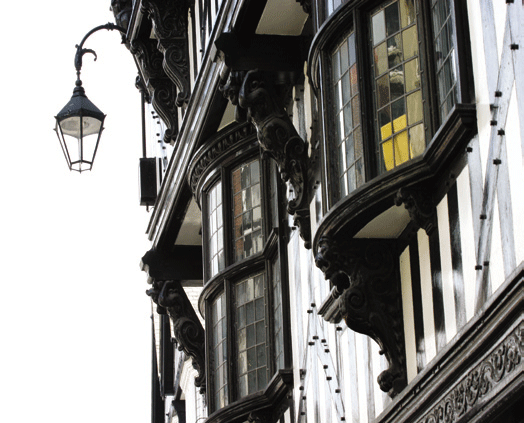Insurance
Listed building owners running out of time before VAT kicks in

Owners of listed buildings are frantically trying to complete alterations and restoration work on their properties, in order to save thousands of pounds before the upcoming VAT introduction in October.
On 1 October 2012, the government is lifting the exemption on VAT to listed buildings, which it terms an ‘anomaly’, and imposing VAT at 20% to all alterations and restorations in a move which, the Royal Institution of Chartered Surveyors (RICS) say will cost owners of listed buildings thousands of pounds just to ensure their property does not fall into disrepair.
RICS fears that the extra 20% levied against owners of these buildings will mean these essential works will no longer be financially viable, they say that the preservation of a listed building involves dedication in time and money due to the more expensive methods and materials required to maintain them.
RICS, as part of the ‘Cut the VAT Coalition’, is calling for the government to abandon the introduction of 20% VAT to listed buildings and introduce VAT at five per cent on all home repair, maintenance and improvement works.
Stephen Thornton, UK head of external affairs at RICS, said: “The Chancellor has missed a golden opportunity to create a level playing field on all residential works. Research shows that five per cent VAT across the board would create 26,560 jobs in the construction sector with a total economic stimulus of around £1.7 billion in 2012 alone.”
RICS’ view is being echoed throughout the property industry with many lending their voice to the condemnation surrounding the lifting of the VAT exemption.
In a letter to The Times last month, organisations including the Federation of Master Builders, the Countryside Alliance and the Historic Towns Forum, warned the chancellor, George Osborne, that the decision is putting historic buildings at risk. They also warn that cancelled projects are holding back the construction industry.
Property advisors, Cluttons, is advising caution to clients whose projects will start before the deadline but finish after, which will lead to complicated VAT assessments.
James Gray, head of project and building consultancy at Cluttons said: “Listed buildings are some of our country’s greatest assets. Removing the VAT exemption on alternations will mean the difference between a bright future and a miserable end, with potential investors and current owners simply unable to foot the bill for this extra expenditure.
“Listed status means improvements and alterations have to use traditional methods and materials, which are already themselves more expensive that for non-listed property.”
“The exemption gave some respite and, in some cases, meant the building had a future. The responsibilities of owning and looking after often fragile listed properties are demanding enough. Any disincentive will, in the long run, damage our nation’s heritage.
Emma Adams, head of heritage at DPP, property advisors, also commented: “Whilst the previous VAT exemption encouraged alteration over repair and maintenance, it did help to facilitate adaptions which could secure the long term use of listed buildings. Moreover, in these examples, the VAT exemption helped to make up for the ‘extra mile’ in design quality that is needed to secure consent.
“The likelihood now will be that any developers or funds looking at opportunities across their portfolios will be more cautious about taking on a listed building. This is a great shame.”
“Given the attractiveness of historic buildings to many potential occupiers the strength and flexibility of our built heritage to meet modern requirements and the stagnancy of the new development pipeline, surely incentives for alterations should continue.”